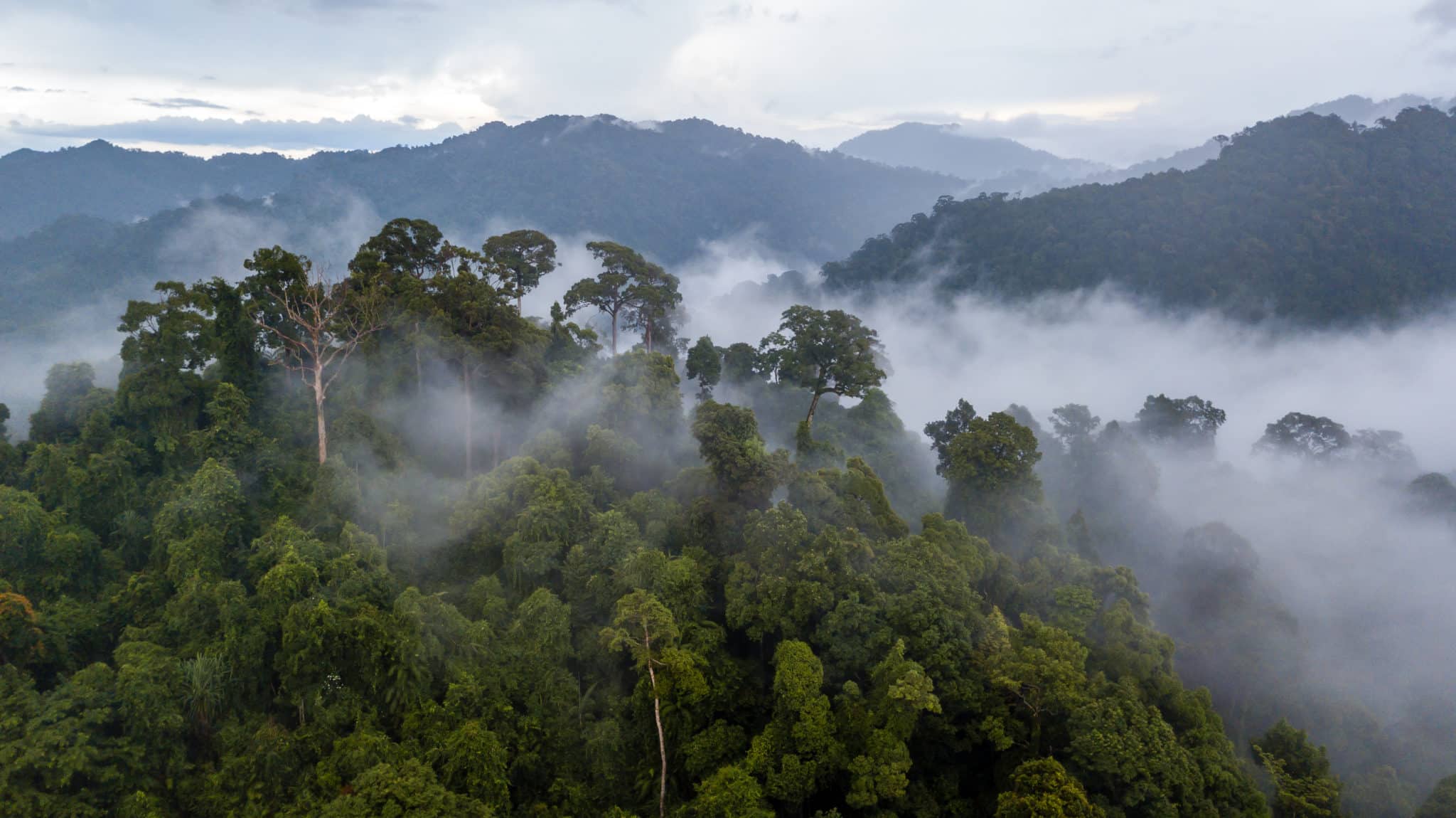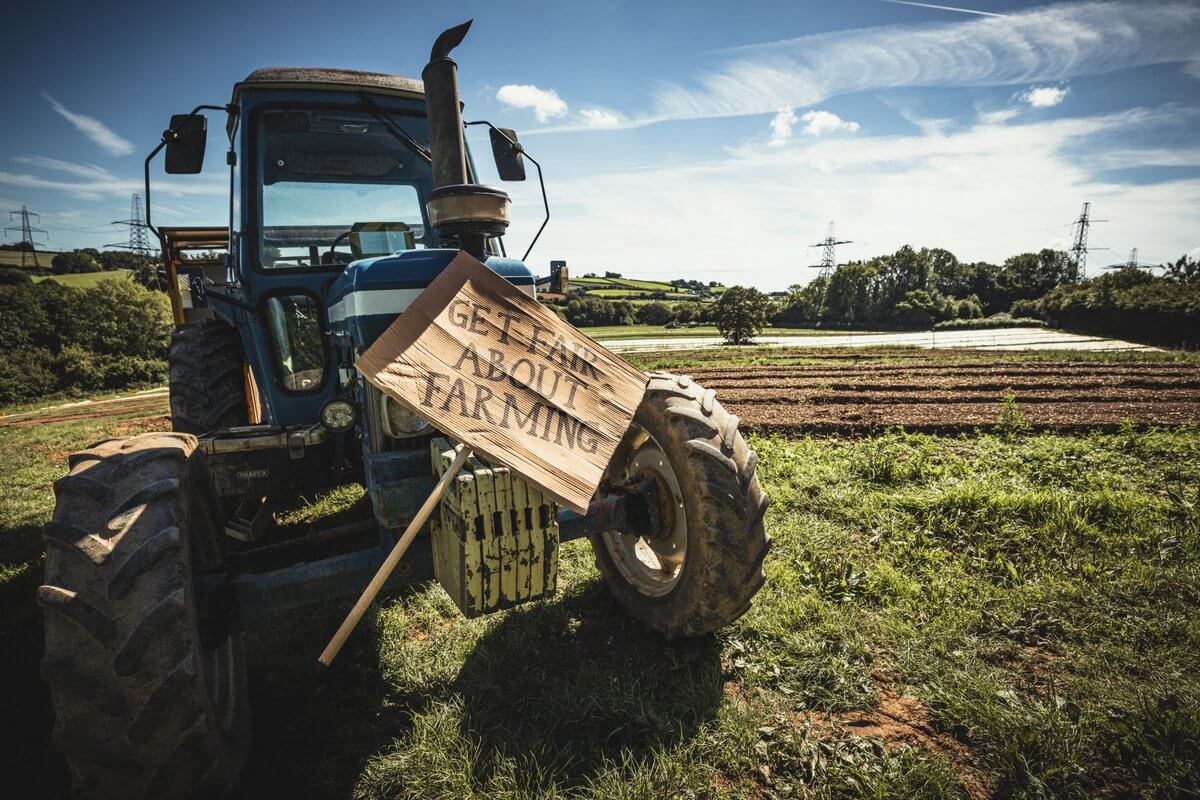A global agreement to protect forests, a focus on biodiversity and calls to end intensive farming are among the headlines to come out of the second week of COP27, the climate talks currently being held in Egypt.
For biodiversity day, which took place on 16 November, there was a huge effort to explain the close connections between nature and the climate crisis, and to urge world leaders to agree a similarly binding target for nature as was achieved for climate at the landmark Paris talks.
COP15, the global summit for biodiversity, takes place in Montreal next month, and is widely regarded as the last chance to create ambitious and binding frameworks to restore catastrophic declines in nature across the world.
“The fastest route to net zero is restoring the world’s forests and protecting nature,” said Zac Goldsmith, the UK’s minister for international environment, climate, forests and energy.
“And the value of forests and other ecosystems goes so much further than climate. The greatest guardians of nature has always been indigenous people, which is why the UK is delighted to support communities in the Amazon in their efforts to protect and restore their environment.”
Speaking via a press briefing at the G20 summit, principal climate change policy officer at the RSPB, Melanie Coath, said: “On Biodiversity Day at COP27, it is critical that negotiators note that the science is clear: we can’t solve the climate crisis without also tackling the biodiversity crisis.
“Biodiversity is central to climate change mitigation, adaptation and loss and damage. Yet talks under the Convention on Biological Diversity (CBD), due to hold its 15th COP next month, have stalled for two years. Parties to the UNFCCC must send an urgent political signal for a strong and ambitious Global Biodiversity Framework to be delivered at COP15.”
Forests gain international support
Elsewhere at COP27, world leaders from 26 countries agreed to hold each other to account via a new forests and climate partnership and scale up work to halt and reverse forest loss.
It came as Brazil’s new president Lula da Silva was welcomed by jubilant crowds at a conference side event, where he recommitted Brazil to reach zero deforestation and said he will create a ministry of Indigenous and native peoples to protect land defenders.
His election victory over Jair Bolsanaro, Brazil’s far right former president who gave the greenlight for loggers and miners to advance further into the Amazon rainforest, has also led to bolstering of other international agreements on forests, including a rainforest alliance between Brazil, the Democratic Republic of Congo and Indonesia.
“Today, I am here to say that Brazil is ready to join once again [the] effort to build a healthier planet,” he said, at the event reported by the Guardian.
Calls to end intensive farming
Decision makers should challenge the dominance of global food systems by large multinationals whose business models are failing people, nature and climate.
That was the message from a group of leaders calling for an end to intensive farming systems as part of the first-ever primary focus on agriculture at COP.
“It’s not as simple as enhancing the greenhouse gas efficiency of existing systems through
Intensification – industrialised food systems are inherently harmful to our water, our air, our biodiversity and our health,” said French economist and chief executive of European Climate Foundation (ECF), Laurence Tubiana.
“We – smallholder family farmers across Africa, Asia Pacific, South America and the Arctic – find ourselves on the frontlines of climate change – and yet only 1.7 per cent of climate finance reaches us directly,” said Estrella Penunia-Banzuela, of the Asian Farmers’ Association for Sustainable Rural Development. “We need to turn the tables and invest in transforming our food systems so that we can build resilience to climate shocks.”
There has been criticism in how big agriculture businesses were allowed to dominate the agenda at COP, with the likes of Bayer and Nestle outlining their plans for sustainability, alongside a focus on carbon markets, and technology, to reduce emissions from intensive systems, rather than restructuring them altogether.
A third of global emissions come from the food system, while a new report found the methane emissions from the five largest meat and 10 largest dairy multinationals in the world equates to 80 per cent of the EU’s entire footprint.













0 Comments